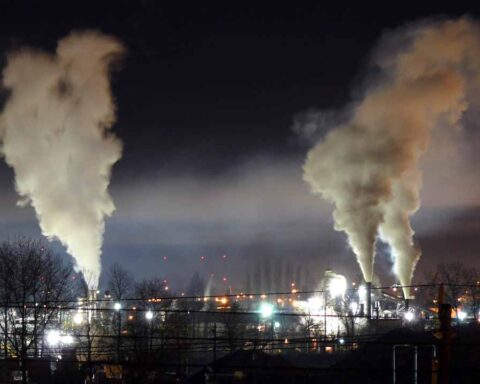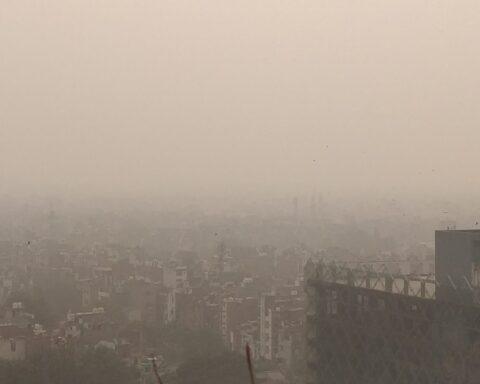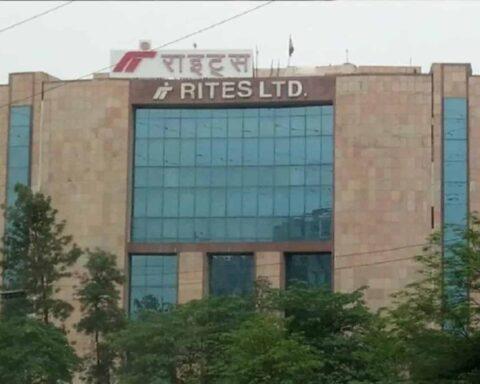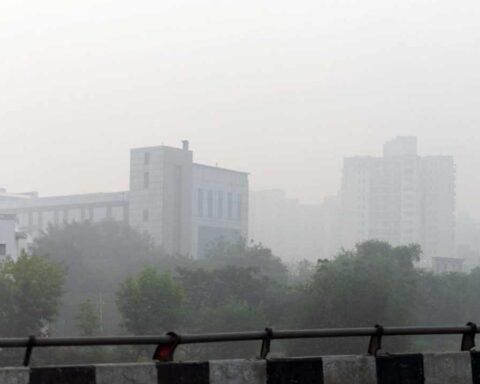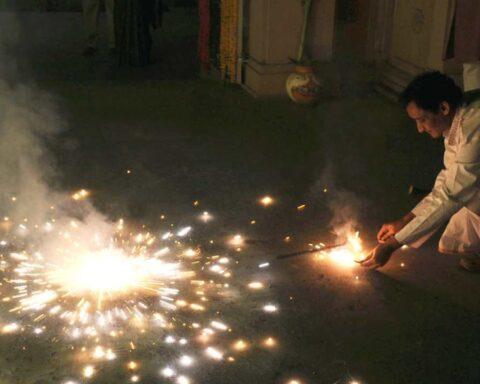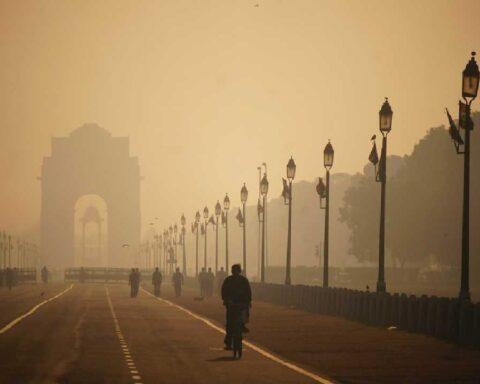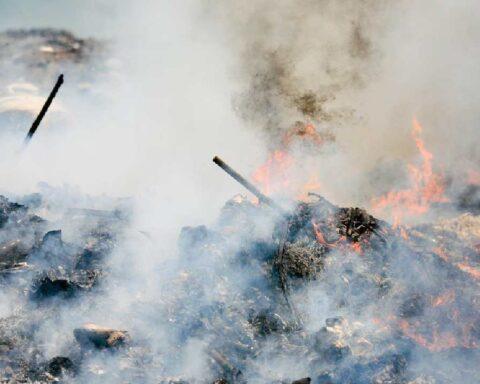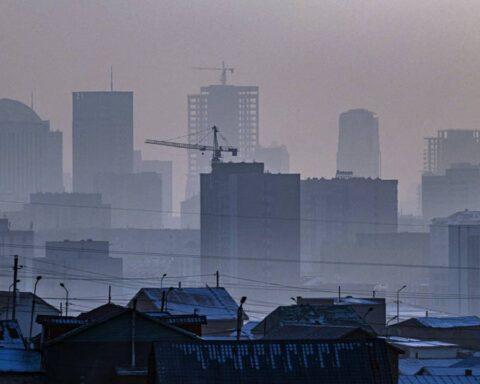
Air Pollution Threatens To Derail The Growth Story Of Delhi
Delhi has been grappling with air pollution for more than 25 years. But it has not come to grips with it. The National Capital Region (NCR) has the worst air quality in the world. Stage III of the Graded Response Action Plan

